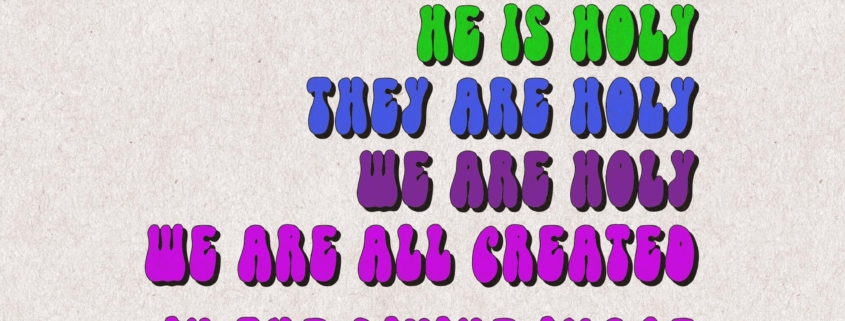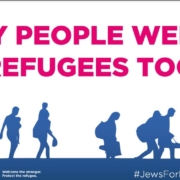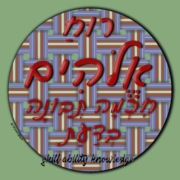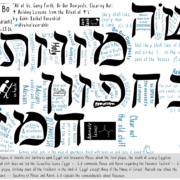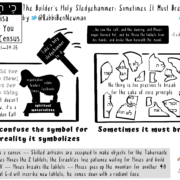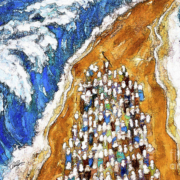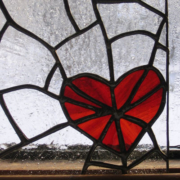A Mishkan of Safety: Vayakhel-Pekudei
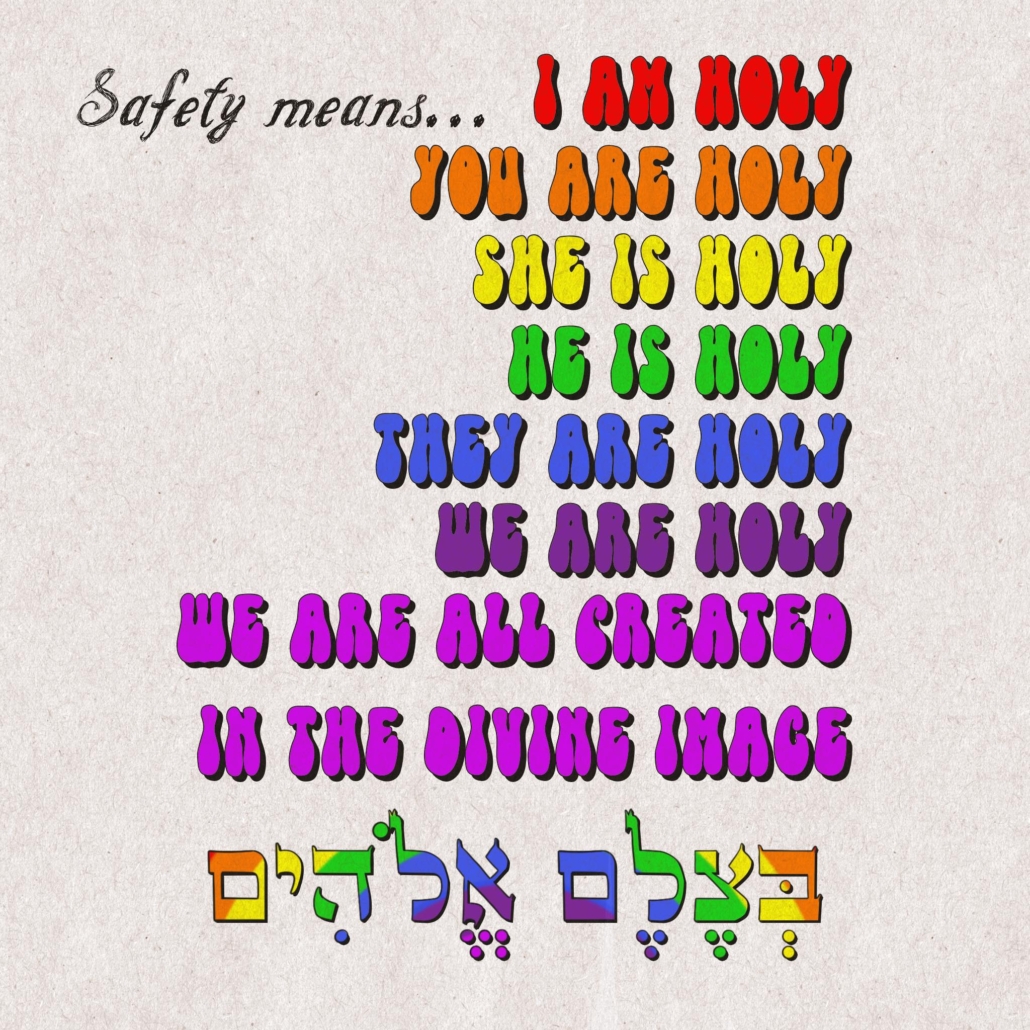
Part of an ongoing series that explores Torah through an ethic of social justice and building a world worthy of the Divine.
וְכל־חֲכַם־לֵ֖ב בָּכֶ֑ם יָבֹ֣אוּ וְיַעֲשׂ֔וּ אֵ֛ת כּל־אֲשֶׁ֥ר צִוָּ֖ה יְהֹוָֽה׃
And let all among you who are skilled (or: wise of heart) come and make all that יהוה has commanded. (Ex. 35:10)
I like to read the phrase חֲכַם־לֵ֖ב / chacham-lev (often rendered “skilled”) as “wise of heart.” Skill is something we might or might not have, whereas wisdom of heart sounds like a character quality that all can cultivate. We all need to cultivate wisdom of heart in order to build a world worthy of God – a world where all of us, of all gender expressions, can safely be who we are.
The מִשׁכָּן / mishkan was a dwelling-place for God’s presence, and Torah gives us detailed instructions about its construction: acacia and copper and fine linen, blue and purple and crimson yarn, the ark and its poles for carrying, the lampstand of hammered gold. Our mystics considered the mishkan to be a microcosm of creation, maybe even creation’s culmination.

“Blue, purple, and crimson, huh,” says my teenager.
“Does that mean the mishkan looked like a bi pride flag?”
The mishkan was a home for God’s presence. But Torah also teaches, “let them build Me a sanctuary that I may dwell among (or within) them.” (Ex. 25:8) Everything we build has the capacity to be a home for the Holy, if we build with justice and integrity at heart. Maybe especially our communities, when we center justice and integrity and human dignity.
Everyone had a role in building this central structure, the place where God’s presence would dwell within us and among us. People of all genders,1 all whose hearts moved them, brought what they could. (Ex. 35:22) As it was then, so it is now. Everyone has a role now in building the Judaism our descendants will inherit, and the world our descendants will inherit.
In Torah’s time we built the mishkan with our own hands, following divine instructions to create something holy. Today we build our systems of צֶדֶק / tzedek (justice) and צדקה / tzedakah (righteous giving) when we bring Torah’s ethical blueprints to life. We build a world worthy of God when we refuse to stand idly by as our fellow human beings are harmed. (Lev. 19:16)
Trans and gender-non-conforming people are under threat in the United States. Political violence and eliminationism are on the rise. The anti-trans legislation risk map blares red with alarm. There are nearly 370 bills on the table targeting trans people. I’m a cisgender woman; I’m not at risk. But I owe it to those who are at risk to stand against anti-trans bigotry and harm.
In the days of the mishkan everyone brought what they had. Those who had gold, those who had acacia, those who had blue and purple and crimson yarn – they brought whatever they could. Today we each need to bring whatever we can to the table to build a mishkan of safety for trans and gender-non-conforming members of our communities, and all communities.
Congregations and Jewish organizations can join Thrive: The Jewish Coalition to Defend Trans and LGBQ+ Youth. All of us can use this ACLU webpage to see if anti-trans bills have been introduced in our state, or find our elected officials and contact them to say we oppose efforts to diminish the rights of transgender Americans, or support the Transgender Law Center.
Wen can support places like Camp Indigo Point, a summer camp for LGBTQ+ kids in Missouri, or Harbor Camps in the northeast. Places like these literally save lives, by giving kids a safe place to be their full selves while also just… being kids. Read up on how to be an ally to transgender and nonbinary young people, and then practice what the Trevor Project teaches.
Those of us who are cis can model introducing ourselves with our pronouns so others can feel safer sharing theirs if they want to. We can make an effort not to make assumptions about gender (and while we’re at it, let’s not assume about family structure or partnerships, either.) Treat everyone as if they were made in the image and the likeness of God, because we all are.
In our parsha, the people ultimately bring more gifts than are needed. (Exodus 36:5) How awesome it would be if we could do the same. Imagine a future in which the dignity and safety of every human life, of every gender expression, is so secure we can scarcely imagine otherwise! Now let’s pick up a hammer: we have work to do to build that kind of world.
1. [Torah says “men and women,” which I read as a merism, a phrase that uses two binary ends of a spectrum to mean the whole spectrum. For instance, the phrase “young and old” doesn’t mean just babies and elders, it means “everyone from youngest to oldest.” ]↩

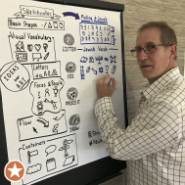
Rabbi Rachel Barenblat is a founding builder at Bayit, and is Lead Builder in Bayit Publishing and convener of our Liturgical Arts Working Group. Illustrator Steve Silbert is also on the Bayit Board, and is Lead Builder of Bayit Games.

